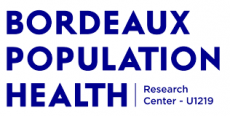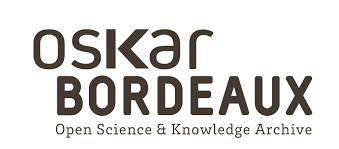Cost‑Effectiveness Analysis of Lopinavir/Ritonavir Monotherapy Versus Standard Combination Antiretroviral Therapy in HIV‑1 Infected Patients with Viral Suppression in France (ANRS 140 DREAM)
Résumé
BACKGROUND:
Protease inhibitor monotherapy is a simplified treatment strategy for virally suppressed HIV-positive patients that has the potential for cost savings, as fewer drugs are used than with combination therapy. However, evidence for its economic value is limited.
OBJECTIVES:
We assessed the cost-effectiveness of lopinavir/ritonavir monotherapy followed by treatment intensification in case of viral load rebound versus combination antiretroviral therapy (cART) with efavirenz/emtricitabine/tenofovir in HIV-1 infected patients with viral suppression in the ANRS 140 DREAM trial.
METHODS:
DREAM was conducted in 36 French Hospitals between 2009 and 2013. For each treatment strategy, we estimated the unadjusted and multivariate-adjusted mean costs (in €, year 2010 values) and quality-adjusted life-years (QALYs) per patient, as well as incremental costs and QALYs per patient. We then assessed uncertainty using the cost-effectiveness acceptability curve, scenario analyses and cost-effectiveness price-threshold (CEPT) analysis.
RESULTS:
In the base-case analysis considering 2009-2013 antiretroviral drug (ARV) prices, adjusted incremental costs and QALYs were - €3296 (95% confidence interval [CI] - 5202 to - 1391) and 0.006 (95% CI - 0.021 to 0.033), respectively, over 2 years, suggesting that monotherapy was cost-effective with a probability of 100% at various cost-effectiveness thresholds. In scenario analyses considering 2018 ARV prices, monotherapy remained cost-effective but with a lower probability (94% vs. 100% in the base-case analysis). The current price of cART would have to decrease by 34% to be cost-effective with a probability of 95%.
CONCLUSION:
Monotherapy appears to be cost-effective compared with cART for virologically suppressed HIV-positive patients in France. CEPT analysis is a useful tool to identify the preferred strategy to adopt given that ARV prices change rapidly.
TRIAL REGISTRATION:
Clinicaltrials.gov identifier: NCT00946595.
Domaines
Santé publique et épidémiologie| Origine | Publication financée par une institution |
|---|---|
| licence |




